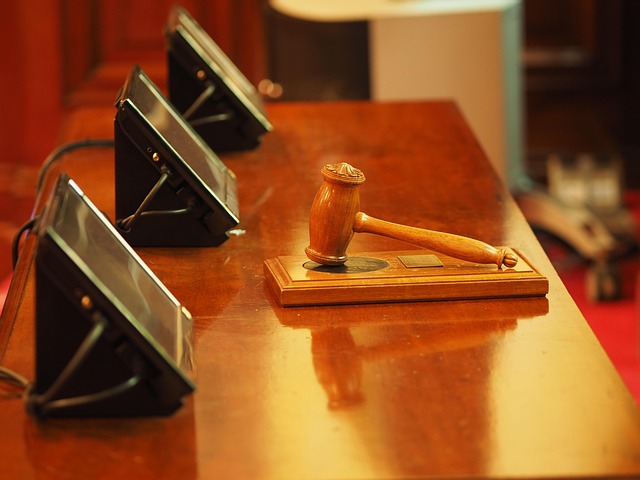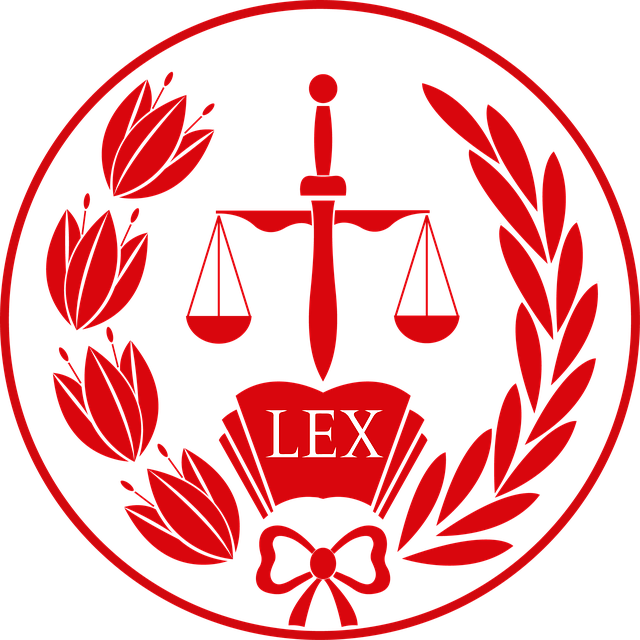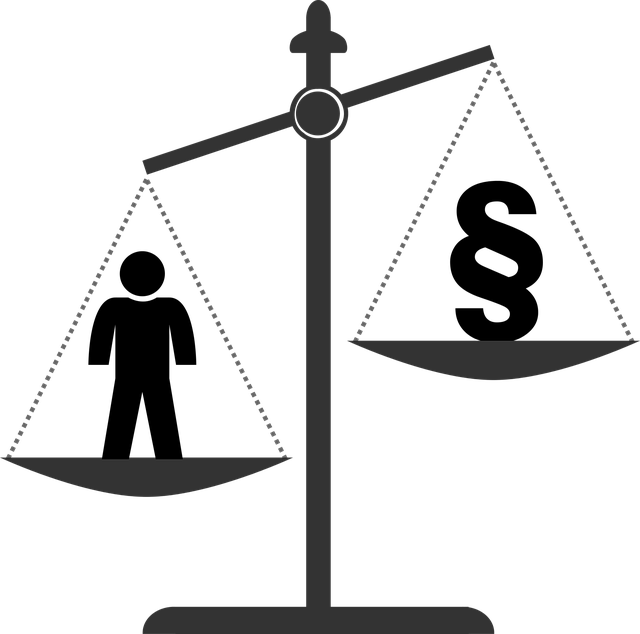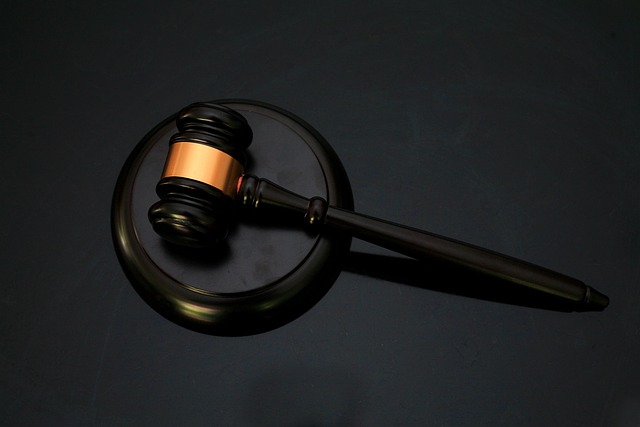Understanding consumer protection laws is the first step before filing a How to File a Consumer Protection Lawsuit. These laws protect against false advertising, unfair pricing, and deceptive marketing. The process involves gathering evidence, consulting lawyers, navigating legal complexities, and seeking justice. This meticulous approach starts with documenting interactions, gathering documents like contracts, preparing a detailed complaint, and understanding subsequent investigative stages up to trials and settlements. Legal experts ensure the best outcome for corporate or individual clients, holding wrongdoers accountable through How to File a Consumer Protection Lawsuit.
“In today’s business landscape, understanding consumer protection laws and your rights is paramount for any C-level executive. This comprehensive guide delves into the crucial process of initiating a C-Level investigation and navigating the legal intricacies of filing a consumer protection lawsuit.
Learn the essential steps to take, from comprehending relevant regulations to effectively managing potential legal challenges. Discover how to protect your organization and stakeholders by mastering ‘How to File a Consumer Protection Lawsuit’ and ensuring compliance with critical laws.”
- Understanding Consumer Protection Laws and Your Rights
- Initiating a C-Level Investigation: Steps to Take
- Navigating the Legal Process: Filing a Consumer Protection Lawsuit
Understanding Consumer Protection Laws and Your Rights

Understanding Consumer Protection Laws is a crucial step for anyone considering a Consumer Protection Lawsuit. These laws are designed to safeguard your rights as a consumer, ensuring fair practices in the marketplace. They cover a wide range of issues, from false advertising and unfair pricing to deceptive marketing tactics and product liability. Familiarizing yourself with these laws empowers you to take action if you’ve been wronged.
If you believe you’ve encountered a situation that violates consumer protection regulations, how to file a Consumer Protection Lawsuit is a critical question. The process typically involves gathering evidence, consulting legal experts in white collar defense, and navigating the complexities of the legal system. Achieving extraordinary results often requires meticulous documentation and a deep understanding of your rights under these laws. Remember, seeking justice for white collar and economic crimes is not just about compensation; it’s about holding perpetrators accountable and protecting other consumers from similar experiences.
Initiating a C-Level Investigation: Steps to Take

Initiating a C-Level Investigation involves a structured approach to ensure fairness and transparency. The process begins with gathering comprehensive evidence, including financial records, corporate documents, and witness statements. This step is crucial for identifying potential violations of consumer protection laws, which can be complex and multifaceted. Engaging specialized legal experts who possess in-depth knowledge of these regulations is essential to navigate the intricate landscape.
Subsequent to evidence collection, a thorough analysis is conducted to establish the validity and impact of alleged misdeeds. This process may lead to significant decisions, such as determining whether to file a consumer protection lawsuit or explore alternative dispute resolution methods. It’s important to remember that avoiding indictment and jury trials is not always the primary goal; rather, ensuring justice and providing remedies for affected consumers should be at the forefront. General criminal defense strategies might be relevant, but the focus typically shifts to civil liabilities and their unique considerations.
Navigating the Legal Process: Filing a Consumer Protection Lawsuit

Navigating the legal process when filing a consumer protection lawsuit is a crucial step in holding wrongdoers accountable. The first step involves thoroughly documenting all interactions with the alleged perpetrator, gathering evidence such as contracts, receipts, and any correspondence that highlights unfair or deceptive practices. This meticulous process ensures a solid foundation for the case, which is essential during high-stakes cases where corporate and individual clients are involved.
Once prepared, the complaint should be filed with the appropriate court, outlining the consumer’s rights and the alleged violations. The legal system then moves through all stages of the investigative and enforcement process, from initial reviews to hearings, trials, and potential settlements or judgments. Understanding these procedures is vital for ensuring a fair outcome in what can often be complex and challenging cases.
Understanding consumer protection laws is crucial for both businesses and consumers. Knowing your rights and how to initiate a C-level investigation can empower you to take action against unfair practices. If legal intervention is required, navigating the process of filing a consumer protection lawsuit is essential to seek justice and ensure compliance with regulations. By following the steps outlined in this article, including learning How to File a Consumer Protection Lawsuit, individuals can protect their rights and contribute to a fairer marketplace.






